The Importance of Vitamins and Minerals in Pet Diets
In a pet's diet, vitamins and minerals play an indispensable role. They are crucial not only for maintaining overall health but also for promoting growth, enhancing the immune system, supporting organ function, and maintaining normal physiological processes. Understanding the types, sources, and impacts of vitamins and minerals on pet health is vital for every pet owner.
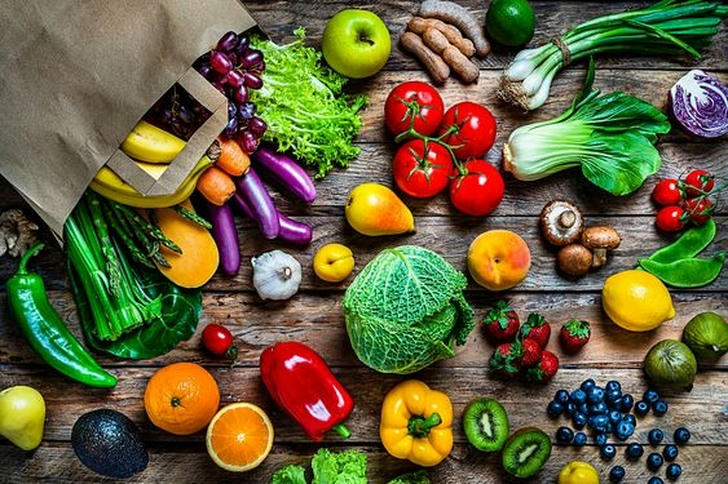
1. What Are Vitamins and Minerals?
Vitamins: Vitamins are organic compounds that pets cannot usually synthesize within their bodies and must therefore be obtained through their diet. Based on their solubility, vitamins are divided into two main categories: water-soluble and fat-soluble. Water-soluble vitamins include the B-complex vitamins (such as B1, B2, B6, B12, etc.) and vitamin C. These vitamins are not easily stored in the body, and excess amounts are excreted through urine, necessitating regular intake. Fat-soluble vitamins include vitamins A, D, E, and K, which can be stored in the body but may lead to toxicity if consumed in excess.
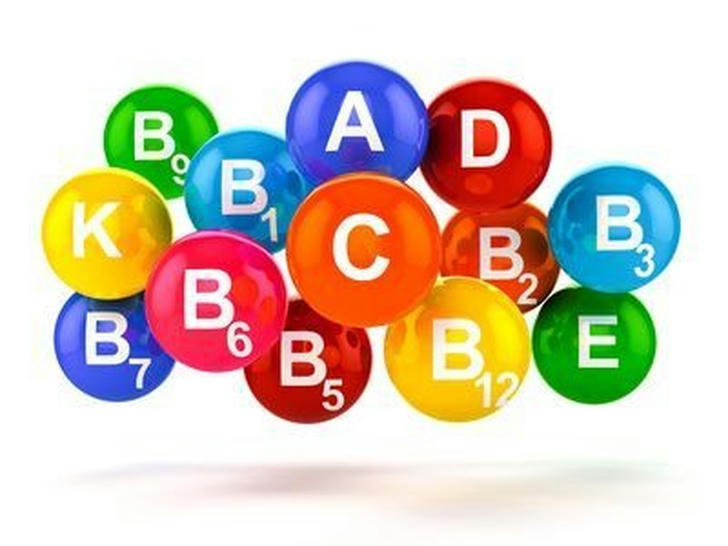
Minerals: Minerals are inorganic elements that are categorized into macro-minerals and trace minerals. Macro-minerals (such as calcium, phosphorus, potassium, sodium, chloride, and magnesium) are needed in larger amounts, while trace minerals (like iron, zinc, copper, manganese, and selenium) are required in smaller quantities. These minerals play irreplaceable roles in maintaining the health and physiological functions of pets.
2. The Role of Vitamins and Minerals
Importance of Vitamins: Vitamins play a vital role in a pet's growth and development. For instance, vitamin A is essential for vision and immune function, while vitamin D aids calcium absorption and promotes bone development. Additionally, vitamins C and E have powerful antioxidant properties, protecting cells from damage caused by free radicals and enhancing immune system function, which is crucial for warding off infections and diseases.
Importance of Minerals: Minerals serve as co-factors for many metabolic processes within the body, assisting in the breakdown of nutrients and the release of energy. For example, calcium and phosphorus are the primary minerals that make up bones; an appropriate calcium-to-phosphorus ratio helps with bone growth and maintenance, preventing osteoporosis and fractures. Furthermore, electrolytes such as potassium and sodium are essential for maintaining fluid balance inside and outside of cells, conducting nerve impulses, and muscle contraction.
3. Sources of Vitamins and Minerals
Food Sources: Animal-based foods, such as meat, fish, dairy products, and eggs, are excellent sources of B-complex vitamins and minerals (like calcium and iron). These foods are rich in bio-active substances that are easily absorbed by pets. Plant-based foods, including fruits, vegetables, and whole grains, provide abundant vitamin C, vitamin A (from carrots, etc.), and minerals (like magnesium and potassium). However, certain nutrients from plant sources may be less digestible compared to animal sources.
Dietary Supplements: In some cases, pets may not obtain sufficient vitamins and minerals from their diet, especially during special life stages (such as pregnancy, lactation, or old age). In such instances, scientifically formulated supplements can help meet nutritional needs. Many pet foods on the market are designed for specific needs (such as hypoallergenic or high-protein) and often include additional vitamins and minerals to ensure comprehensive nutrition for pets.
4. The Impact of Vitamin and Mineral Deficiencies
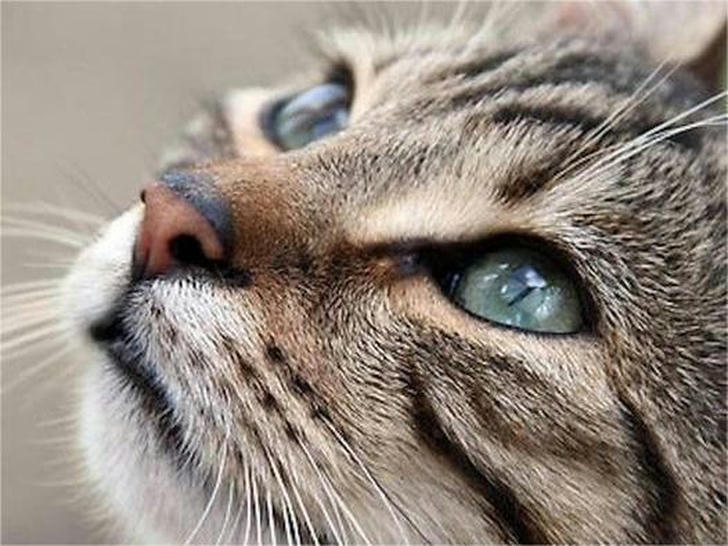
Vitamin Deficiencies: A deficiency in vitamin A can lead to night blindness, dry skin, and weakened immune function, making pets more susceptible to illness and slower to recover. A lack of vitamin D affects calcium absorption, leading to weak bones and an increased risk of fractures. Vitamin E deficiency may result in muscle weakness and cardiovascular diseases, which can be life-threatening in severe cases.
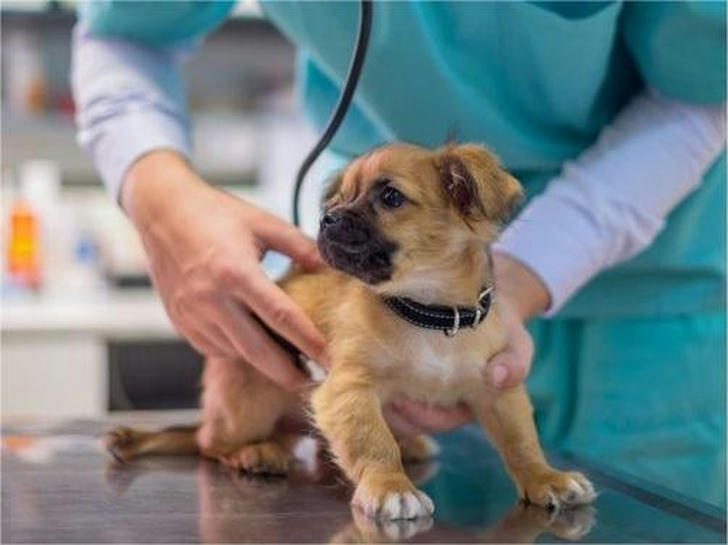
Mineral Deficiencies: Calcium deficiency can lead to poor bone development and osteoporosis, increasing the risk of fractures. Iron deficiency may cause anemia, manifesting as fatigue, decreased appetite, and pale skin. Zinc deficiency can lead to skin issues, reduced immune function, and slow growth.
5. How to Ensure Pets Get Enough Vitamins and Minerals
Ensuring that pets receive adequate vitamins and minerals is key to maintaining their health. Here are some detailed strategies and recommendations to help pet owners optimize their pets' nutritional intake.
Choose High-Quality Pet Foods: Selecting high-quality pet food is the first step in ensuring that pets receive sufficient nutrition. Many commercial pet food brands formulate recipes based on different life stages and health conditions. For example, kitten food is often rich in vitamins and minerals to support rapid growth and development. Such foods usually contain higher levels of protein and fat to meet the needs of active kittens. When shopping, owners should carefully check ingredient labels to ensure they select products rich in animal ingredients and fortified additives.
Regularly Monitor Health Status: Regular veterinary check-ups are essential for ensuring pets receive adequate nutrition. Veterinarians can assess pets' nutritional status through physical examinations and blood tests, allowing for early detection of potential deficiencies. For example, a middle-aged dog may be found to have low iron levels during a routine check-up, prompting the veterinarian to recommend dietary adjustments to increase red meat and iron-fortified foods. After several weeks of dietary changes, the dog's health improves significantly, and its coat becomes shinier.
Consider Supplements: In certain cases, pets may not obtain sufficient vitamins and minerals from their daily diet. Older pets may face the risk of nutritional deficiencies due to decreased digestive absorption, making it advisable to consider comprehensive vitamin and mineral supplements. For instance, some pet owners, under their veterinarian's guidance, add specialized senior cat vitamin supplements for their aging felines, helping to maintain healthy immune systems and joint functions. These supplements typically contain amino acids, Omega-3 fatty acids, vitamin D, and calcium, promoting overall health.
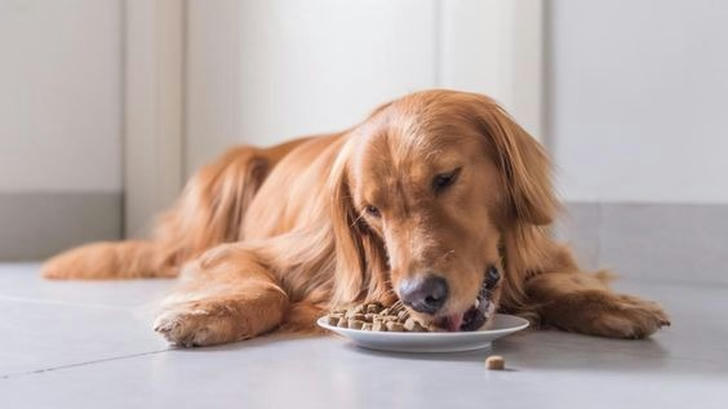
Provide a Diverse Diet: Offering a diverse diet is an important method to ensure pets receive comprehensive nutrition. A single type of food may not meet all of a pet's nutritional needs, while a varied diet can provide a rich source of vitamins and minerals. In addition to high-quality dry food, owners can add moderate amounts of fresh fruits and vegetables, such as carrots, pumpkin, blueberries, and spinach. These foods are rich in antioxidants and fiber, aiding digestion and overall health. For example, one pet owner adds chopped carrots and green beans to their dog's meals daily. The dog enjoys these fresh foods and receives more vitamins and minerals as a result. Additionally, fruits like apples (cored) and blueberries serve as delicious snacks for dogs, rich in vitamin C and antioxidants, boosting their immunity.
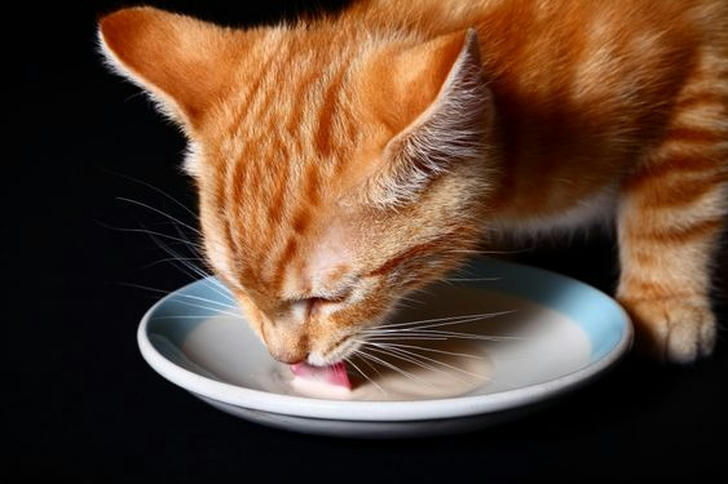
Pay Attention to Individual Needs: Different pets may have varying nutritional requirements. For instance, pregnant or nursing cats require more energy and nutrients, while active dogs need increased protein and energy. Pet owners should adjust their pets' diets according to age, weight, activity level, and health conditions. For example, a pregnant cat needs extra calcium and vitamin D to support the development of her kittens and her health. Owners can consult with veterinarians to add calcium-rich foods or specialized formulas for pregnant cats to ensure the nutritional needs are met.
Address Special Needs: Some pets may require special diets due to health issues, such as diabetes, kidney disease, or allergies. In such cases, it is crucial to choose pet foods suitable for their specific health conditions or make adjustments based on veterinarians' recommendations. For example, a cat that requires protein restriction due to kidney disease may be transitioned to a low-protein specialized cat food, along with vitamin supplements tailored to its health needs, ensuring the cat still receives the necessary nutrition within its health limitations.
Adapt to Seasonal Changes: As seasons change, pets' nutritional needs may vary. In hot summers, pets may require more hydration and electrolytes, while in cold winters, increasing caloric and fat intake may help maintain body temperature. For example, during summer, owners can incorporate moisture-rich foods, like boiled pumpkin, into their dog's diet to help them stay hydrated. In winter, they can increase dry food portions to ensure their dogs receive enough energy in cold weather.
Conclusion
Vitamins and minerals are crucial in pet diets, impacting their health, vitality, and happiness. Pet owners should thoroughly understand the sources and roles of these nutrients, ensuring comprehensive nutritional support through scientifically sound dietary management. By doing so, pets can lead healthy and happy lives. By focusing on the intake of vitamins and minerals, pet owners can lay a solid foundation for their pets' long-term health.
